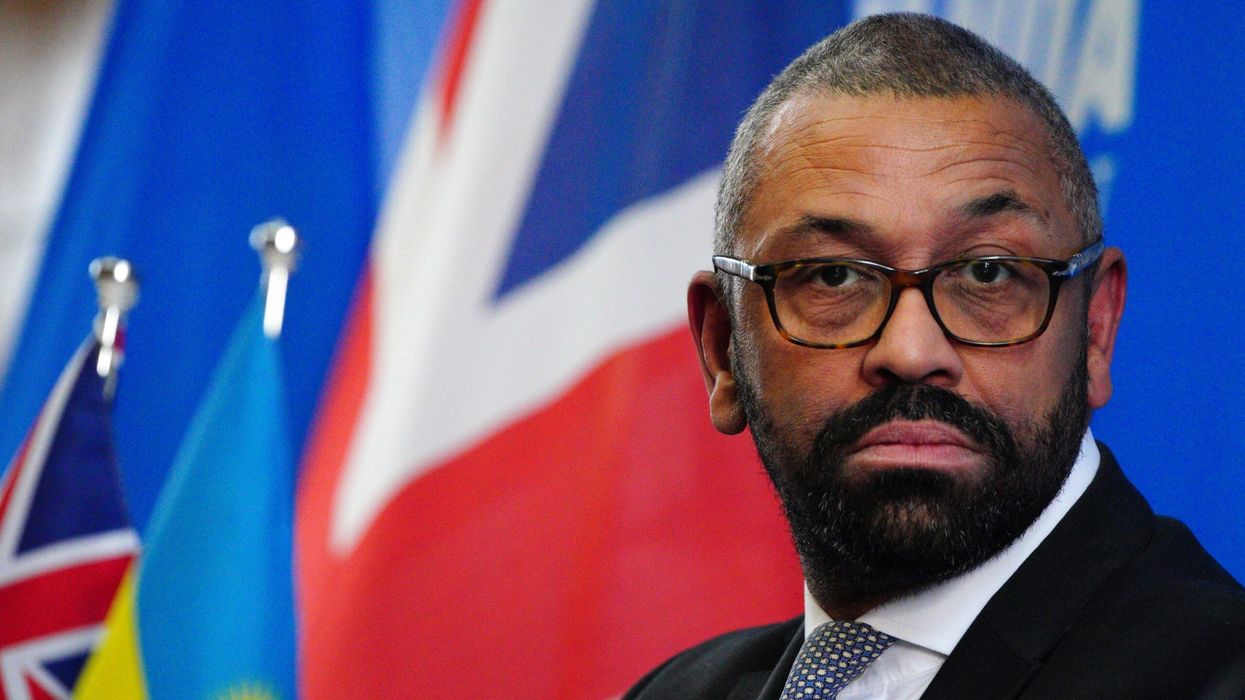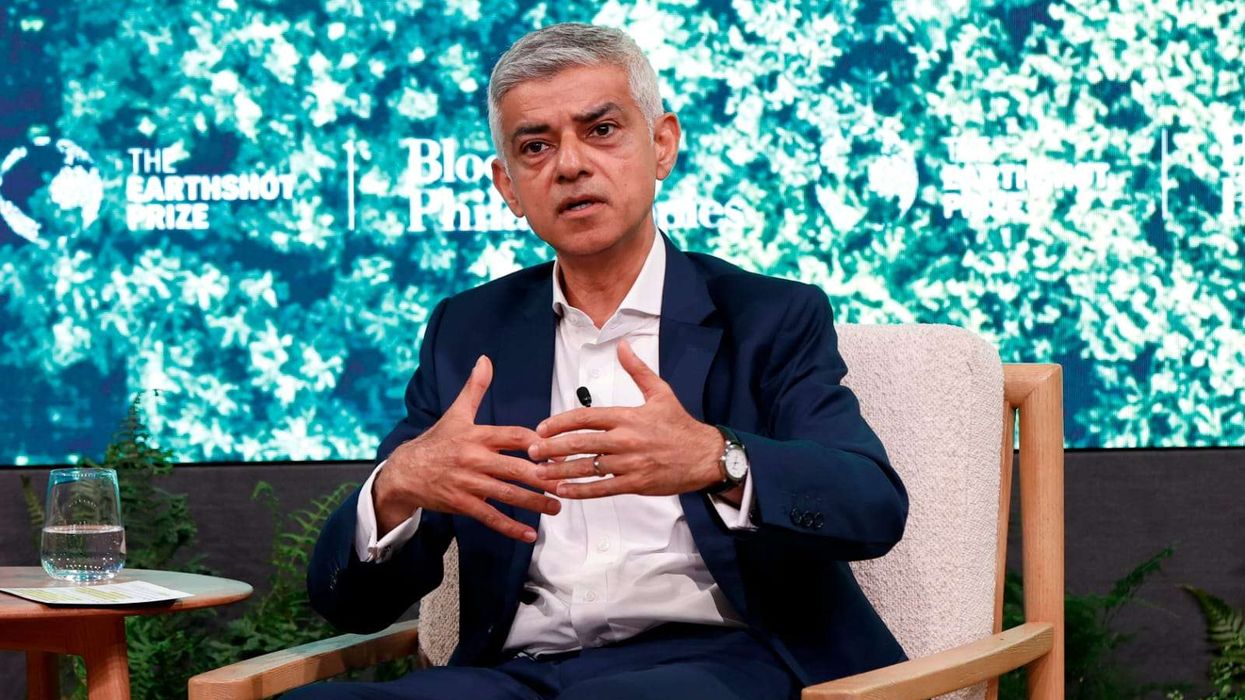The home secretary, James Cleverly, has introduced a series of measures aimed at reducing the influx of migrant workers and their dependents into the UK.
Speaking to MPs on Monday, Cleverly expressed that the current level of migration is excessive and needs to be reduced.
He said, “Today I can announce that we will go even further than those provisions already in place, with a five-point plan to further curb immigration abuses that will deliver the biggest ever reduction in net migration.
A Downing Street representative called the package, “the biggest clampdown on legal migration ever.”
Experts caution that these measures could exacerbate the strain on the already overburdened healthcare sector and adversely affect the UK's future growth potential.
England currently faces 152,000 vacancies for care workers, resulting in instances where care home inspections reveal compromised care due to inadequate staffing, jeopardising residents' safety and well-being.
Care England's chief executive, Martin Green, cautioned that the government's actions are complicating the recruitment of foreign workers for care providers.
He emphasised that if the government aims to shift focus from international recruitment to resolve the social care workforce crisis, it needs swift action and investment in enhancing pay and conditions to boost domestic recruitment.
Meanwhile, Christina McAnea, the general secretary of Unison, criticised the government for jeopardizing essential services to appease backbenchers and the far right.
She highlighted that if ministers addressed the longstanding promises to reform social care instead of avoiding the challenging issues, the worker shortage wouldn't be as acute.
The former Conservative minister George Eustice questioned the potential impact on the care sector and advised the government to shift away from what he deemed a "failed" skills-based migration policy.
He highlighted concerns about the policy granting priority access to professionals like bankers, lawyers, accountants, and economists despite an abundance of such talent within the country.
He said, “It actually makes it very difficult to recruit the people we do need – care workers, people who work in the food industry, in manufacturing, producing things generally or indeed in the tourism industry.”
Steve Brine, the chair of the health select committee from the Tory party, highlighted the decrease in adult social care vacancies to 152,000 due to entrants utilising the shortage occupations list.
Meanwhile, the NHS had 121,000 vacancies in September. “Who did ministers consult ahead of today’s legal migration announcement?” he said.
The announcement surpassed expectations by effectively reintroducing the pre-Brexit immigration system, where skilled non-EU workers predominantly needed degrees.
According to Home Office data, visas granted to foreign health and social care workers more than doubled, reaching 143,990 in the year up to September, accompanied by 173,896 dependants.
The Migration Advisory Committee had previously advised the government to eliminate the shortage occupation list earlier in the year. Their concern was that companies in low-wage sectors were increasingly resorting to hiring inexpensive foreign labor through this list instead of recruiting domestic workers.
In 2010, David Cameron pledged to reduce annual net migration to the tens of thousands. However, despite this promise, migration figures have remained high and notably increased post-Brexit, mainly attributed to individuals arriving from non-EU countries.
Following a Brexit campaign that emphasised claims about controlling borders, anti-EU Conservatives have witnessed a significant surge in net migration since the 2016 referendum.













